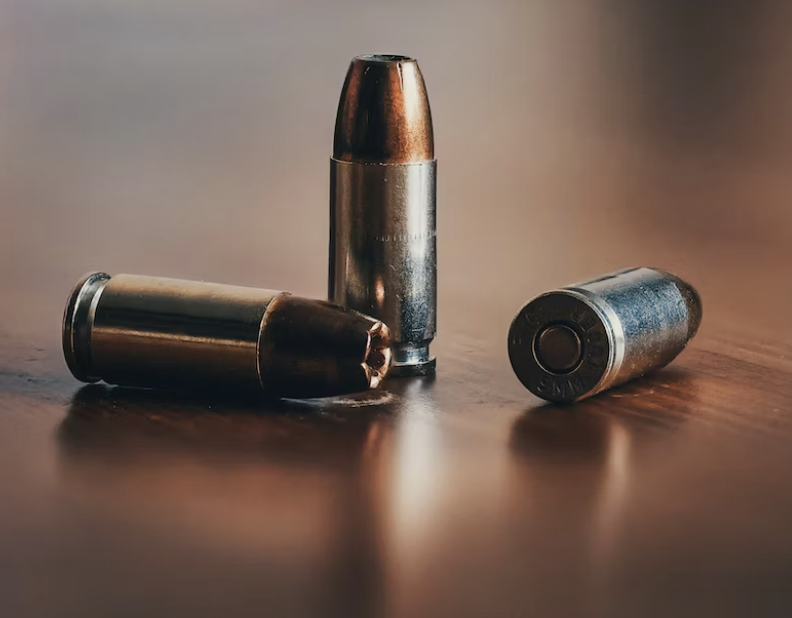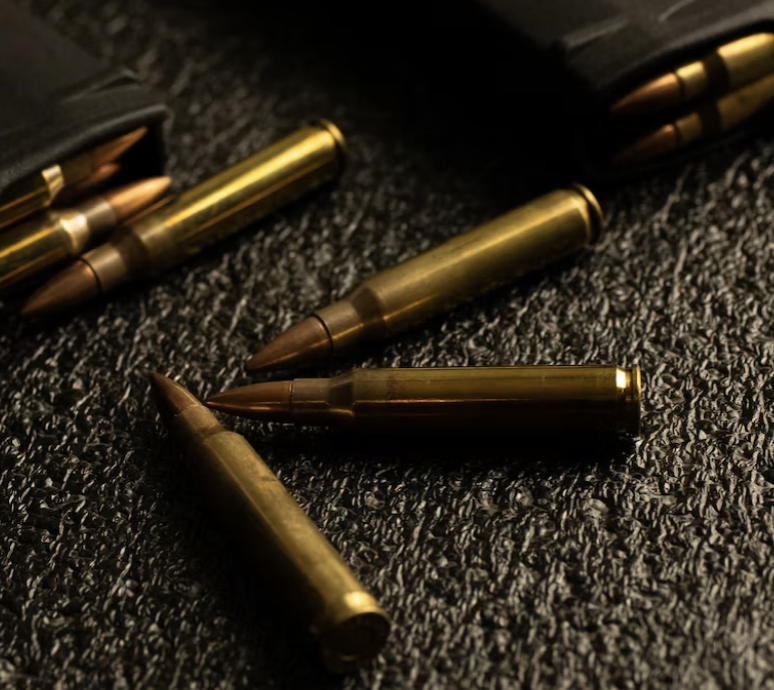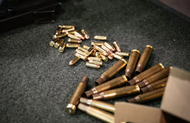Do Hollow Point Rounds Do More Damage?
Jun 13th 2023
When it comes to firearms and ammunition, one of the ongoing debates revolves around the use of hollow point rounds. Hollow point bullets are designed to expand upon impact, causing greater damage to the target. This article will explore the effectiveness of hollow point rounds, their impact upon contact, and their suitability for self-defense compared to full metal jacket (FMJ) rounds.
The debate surrounding the damage inflicted by hollow point rounds is multifaceted. While some argue that the increased damage caused by these rounds makes them more effective, others contend that the expansion upon impact can lead to unpredictable results, such as the bullet fragmenting or veering off course. Additionally, critics argue that the use of hollow point rounds may be excessive in certain situations, where the goal is to neutralize the threat without causing unnecessary harm. Ultimately, the effectiveness of hollow point rounds in terms of damage depends on various factors, including shot placement, target anatomy, and individual circumstances.

What Does Hollow Point Do On Impact?
Hollow point bullets are specifically engineered to expand upon impact. The hollow cavity at the bullet's tip allows the bullet to mushroom out, creating a larger wound channel and transferring more energy to the target. This expansion not only increases the chances of hitting vital organs but also slows down the bullet, reducing the risk of over-penetration and collateral damage.
The expansion of a hollow point bullet upon impact is a crucial factor in determining its effectiveness. It is the combination of increased wound channel size and reduced risk of over-penetration that makes hollow point rounds popular for defensive use. The expansion maximizes the transfer of energy to the target, increasing the stopping power and potentially incapacitating the threat more quickly.
Is Hollow Point Better For Self Defense?
When it comes to self-defense, hollow point rounds are often considered superior to FMJ rounds. The main reason is their ability to transfer energy to the target effectively. In self-defense scenarios, stopping the threat quickly is crucial for personal safety. Hollow point rounds are designed to do just that.
Additionally, hollow point rounds reduce the risk of over-penetration, which is especially important in home defense situations or crowded areas where innocent bystanders may be present. The expansion of the bullet upon impact reduces the likelihood of the bullet passing through the target and hitting unintended targets.
FMJ vs Hollow Point Rounds
Full metal jacket (FMJ) rounds, on the other hand, are designed with a soft lead core encased in a harder metal shell, such as copper or brass. These rounds are typically used for target practice, training, and in military operations. FMJ rounds are known for their ability to penetrate and maintain their shape without expanding upon impact.
While FMJ rounds are reliable in terms of penetration, they lack the stopping power and reduced over-penetration risk of hollow point rounds. In a self-defense scenario, FMJ rounds may pass through the target, potentially hitting unintended targets or failing to stop the threat efficiently.

Conclusion
In conclusion, hollow point rounds are designed to expand upon impact, causing more damage to the target and transferring energy effectively. This makes them highly suitable for self-defense purposes, where stopping power and reduced over-penetration are crucial factors.
While FMJ rounds are reliable for target practice and military operations, they lack the stopping power and reduced risk of collateral damage offered by hollow point rounds. When it comes to personal protection and self-defense, choosing the right ammunition is essential.
Ultimately, the choice between hollow point and FMJ rounds depends on the intended use. For self-defense, hollow point rounds are generally considered the better option. However, it's important to check local laws and regulations regarding ammunition to ensure compliance.
The use of hollow point rounds can indeed result in greater damage upon impact compared to FMJ rounds. The expansion of the bullet increases the wound channel size and enhances energy transfer, making them well-suited for self-defense purposes. However, the choice between hollow point and FMJ rounds should be based on the specific requirements and legal considerations. It is important for individuals to understand their local laws and regulations regarding ammunition and make informed decisions accordingly. Whether one opts for hollow point or FMJ rounds, responsible firearm usage and adherence to safety protocols should always be paramount.


